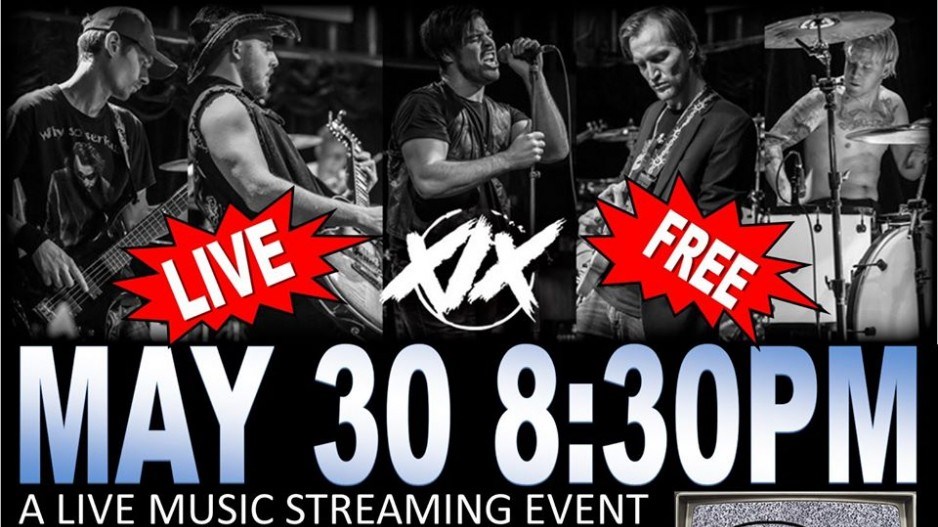Even before the pandemic shut down nightclubs, concerts and other live music events, some venues and studios had already gotten into the live concert streaming business.
Side Door Access in Vancouver, Blue Frog Studios in White Rock, MNET Media in Mission and the Duncan Showroom on Vancouver Island were already streaming live music before the pandemic hit.
Mo Tarmohamed, owner of the Rickshaw Theatre, is also now investing in the audio and video equipment needed to stream live performances.
Not surprisingly, given that live music venues are shut down, there has been an uptick in live performance streaming, as artists scramble to get their music out to fans.
Government arts and heritage agencies, like Showcase BC, have also been sponsoring streaming events for Canadian artists.
There isn’t a lot of money in it for the artists, however, who see concert streaming as a stop-gap measure during the pandemic, and as a way to reach audiences outside their usual market.
In some cases, the venue and artists split the revenue from ticket sales; in others the artists solicit donations.
B.C. blues guitarist David Gogo has performed at a couple of live streaming events, including a series of Canada Performs broadcasts – a showcase organized by the National Arts Centre. Performers received a fee and were allowed to solicit donations.
“The donations were great, but you can only do that so many times,” Gogo said.
In addition to streaming live performances, the Duncan Showroom co-hosts the annual 39 Days of July Cowichan Summer Festival, which showcases live original music every day for more than a month. It is moving online this summer, due to pandemic restrictions on large gatherings.
One advantage of live concert streaming is that it gives artists a global reach that would otherwise require a lot of travelling. But artists are still struggling with ways to make live concert streaming profitable.
Lance Schilka, owner and producer with MNET Media in Mission, got into the music video and live music streaming business because he said trying to run live music venues was simply unprofitable.
“Government regulation is just strangling the industry,” he said.
MNET has produced several live music streaming events in recent weeks. The studio uses multiple cameras and a variety of platforms. When broadcasting free events, it simulcasts on Facebook Live, YouTube and Twitch.
But those platforms don’t allow for high-quality audio and video, so for ticketed events MNET Media live shows stream on a platform with higher definition, accessible only to those who buy tickets.
Performers pay MNET Media a flat fee. If they want to sell tickets to the event, MNET will broadcast over a landing platform that provides 1080p video quality, which is higher resolution than platforms like Facebook Live offer.
To monetize a streaming event, artists need to have a social media following big enough to generate sufficient ticket sales.
While streaming gives artists an additional media platform to expose their music to markets they might not otherwise be able to reach, it can’t replace touring, which is the bread and butter of professional musicians.
Although he thinks live music festivals will survive the pandemic shutdown, Schilka is not so sure about nightclubs.
“I think that intimate venues are done,” he said. “I just don’t see new clubs being invested in by people like me. I think festivals is probably where live music will eventually consider its last bastion, and live streaming will also be a part of that last bastion.”
See related story, March 17: the day the music died in B.C.




